As Trump Demands More Military Spending, NATO Reconsiders What Counts
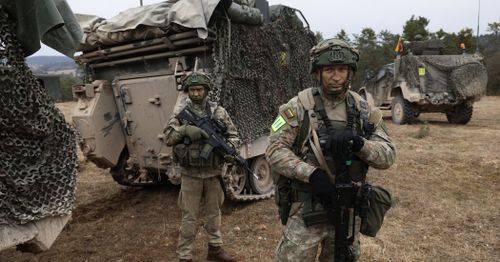
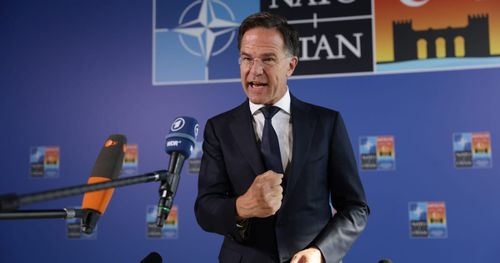
NATO allies are moving toward a new defense spending benchmark of 5 percent of GDP ahead of next month's crucial leaders' summit, alliance Secretary-General Mark Rutte said on Monday. "I assume that in The Hague we will agree on a higher defense spending target of in total 5 percent," Rutte said during a Q&A session at the NATO Parliamentary Assembly in the United States. The move follows months of pressure from U.S. President Donald Trump, who earlier this year demanded that NATO allies dramatically boost their defense budgets or risk losing American protection. At the time, many allies dismissed the idea as political bluster — but rising tensions with Russia and renewed attention on Europe’s military readiness have changed the conversation.
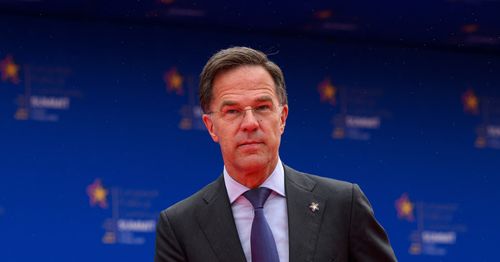
NATO Secretary General Mark Rutte said on Monday that he assumes alliance members will agree to a broad defence spending target of 5% of gross domestic product during a summit in The Hague next month. "I assume that in The Hague we will agree on a high defence spend target of in total 5%," Rutte said at a meeting of the NATO Parliamentary Assembly in Dayton. "Let's say that this 5%, but I will not say what is the individual breakup, but it will be considerably north of 3% when it comes to the hard spend, and it will be also a target on defence-related spending," he added. Reuters reported earlier this month that Rutte had proposed NATO members raise defence spending to 3.5% of their GDP, and a further 1.5% on broader security-related items to meet U.S. President Donald Trump's demand for a 5% target.
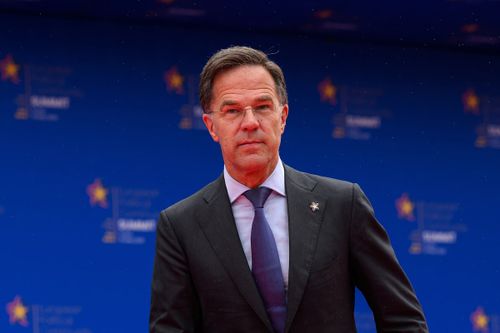
NATO member countries will agree to a steep new defence-spending target of 5 per cent of annual economic output during the June leaders summit, the military alliance’s top civilian official predicted Monday. Such a commitment would represent a significant rise in financial obligations for Canada but would also recognize that the NATO alliance is spending too little, given the threat to Europe that Russia poses as the aggressor in Ukraine as well as its growing ties with other authoritarian powers. It would also signal NATO’s acquiescence to U.S. President Donald Trump, who has been pressing allies to boost their defence spending and reduce reliance on U.S. military assistance.


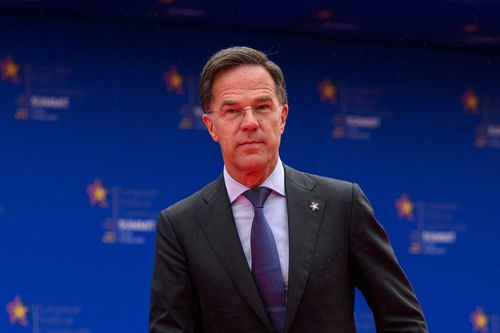
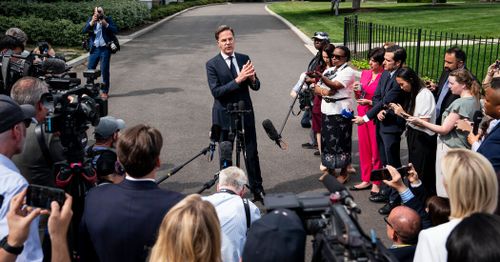
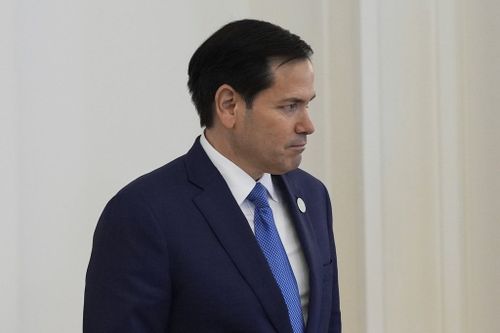
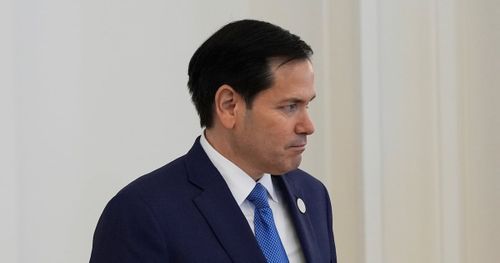
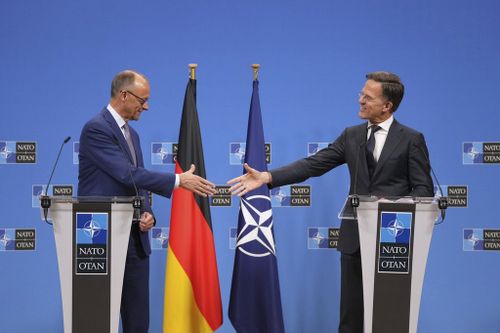
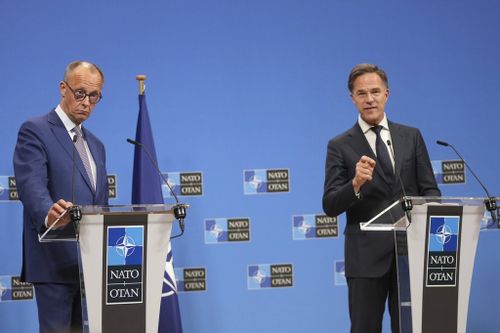
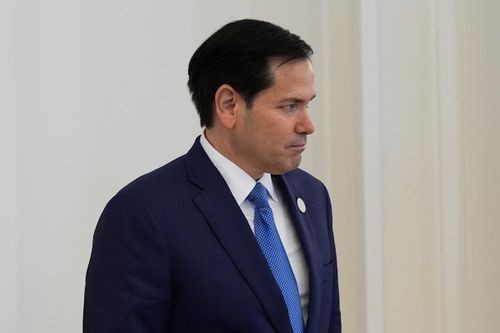
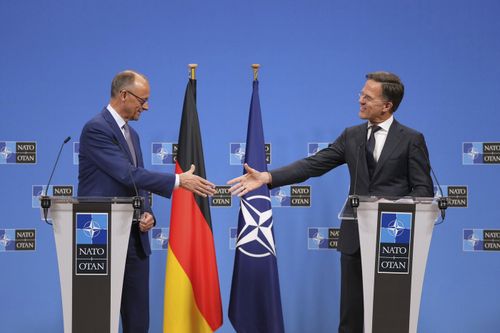
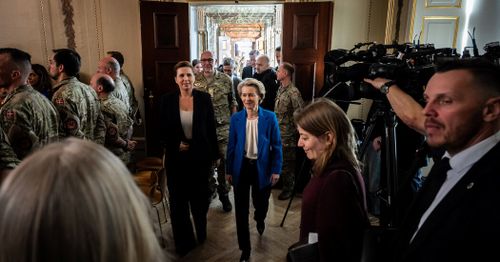
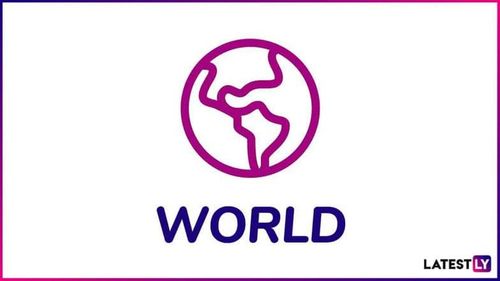
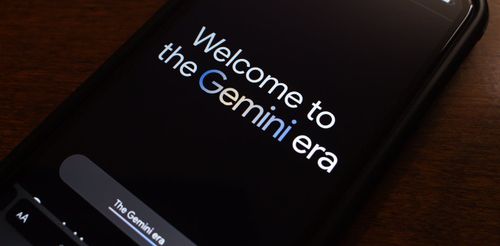
18h ago — Google’s approach could harm competition and creativity, and make the AI industry even less transparent.
 The Conversation
The Conversation
2d ago — House Bill 186, approved by the lower chamber in May, never received a vote in the Senate.
 The Texas Tribune
The Texas Tribune
Yesterday — Sorry, Seattle, but that Christian right group that rallied here twice in the past week left town with a bonanza of national attention, writes columnist Danny Westneat. How about next time we don’t walk right into it?
 The Seattle Times
The Seattle Times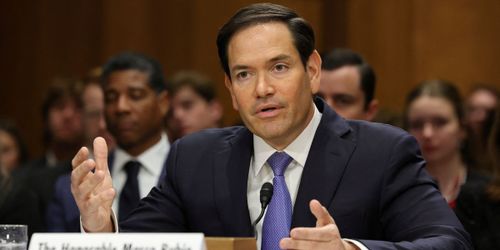
18h ago — People who work for Ofcom could be barred from entering the country
 GB News
GB News
18h ago — Some say the em dash is a sign of AI writing. But experts push back, arguing it’s more about writing skill than punctuation.
 Straight Arrow News
Straight Arrow News